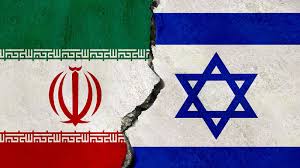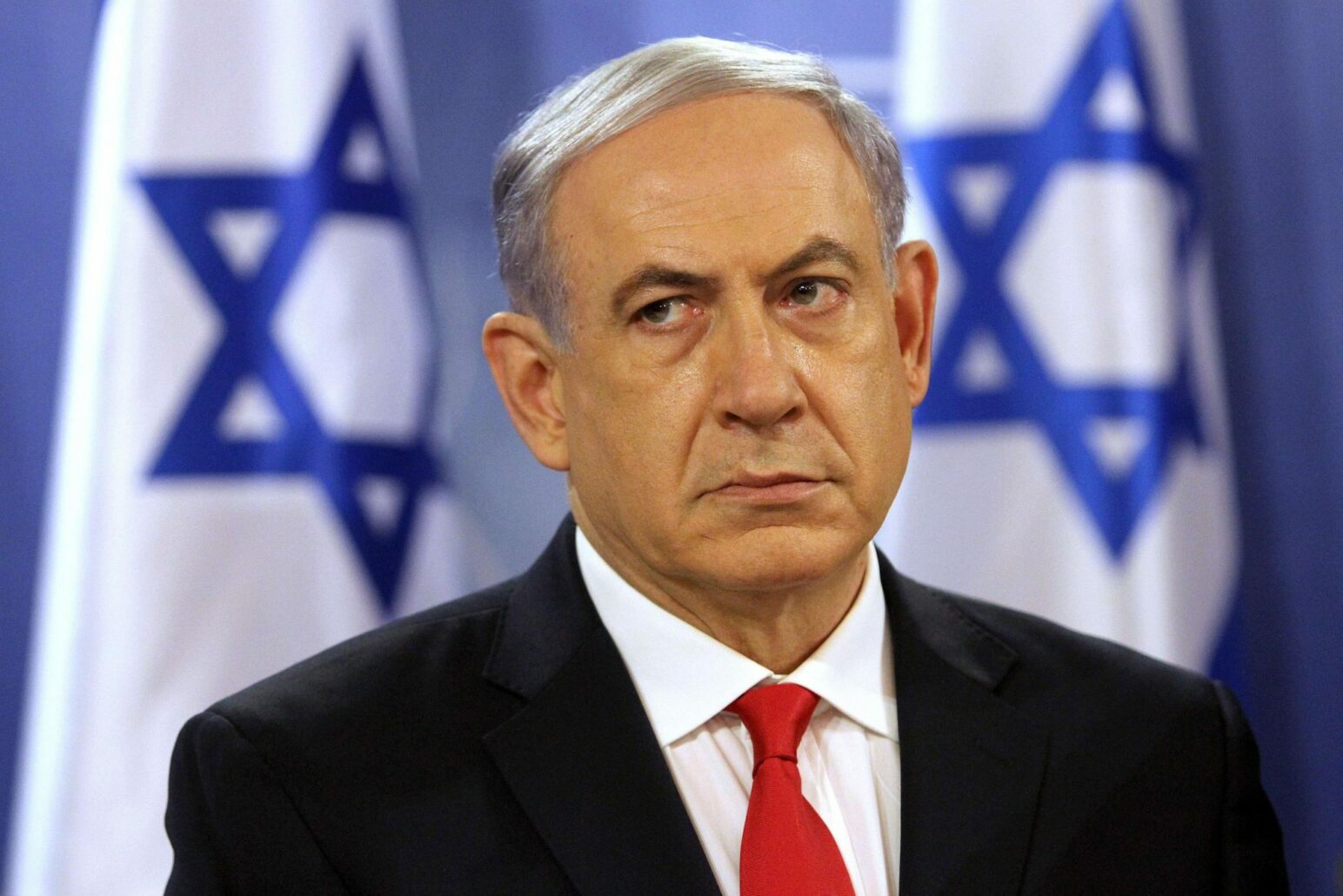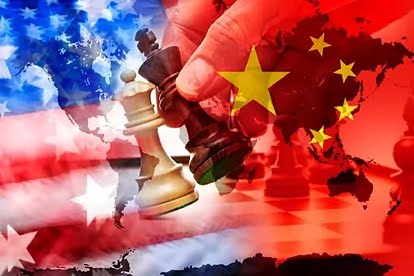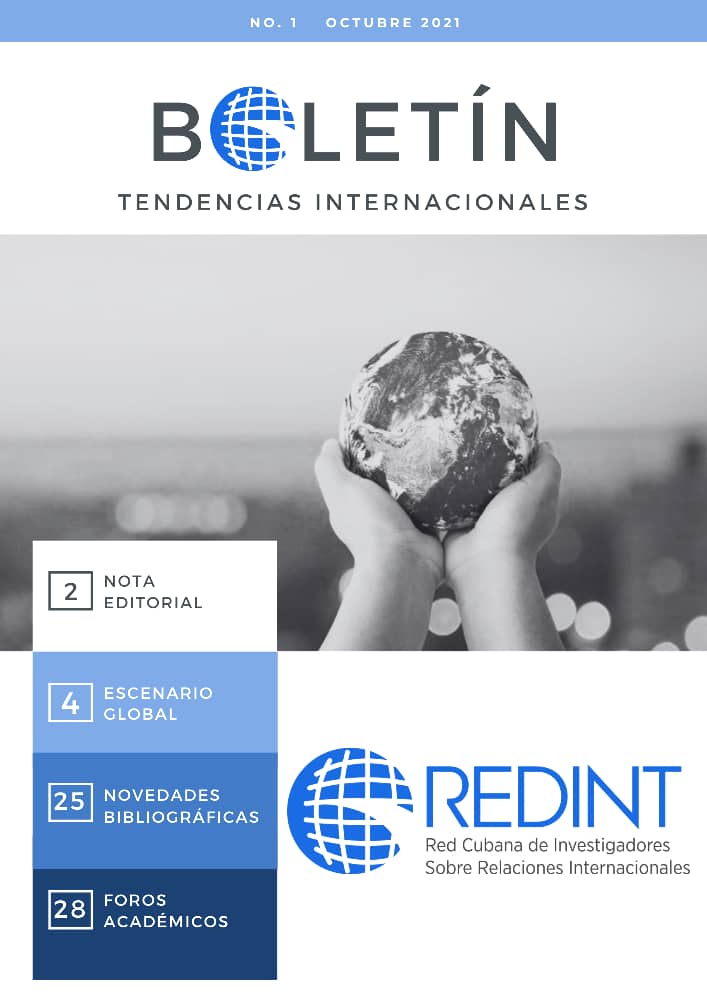The fate of Nord Stream 2: how long will Europe hold out? Part One
Since September of last year, news agencies have been tirelessly talking about what is happening around Nord Stream 2 and what the situation looks like on the European gas and energy market
RUSSTRAT Institute
Since September of last year, news agencies have been tirelessly talking about what is happening around Nord Stream 2 and what the situation looks like on the European gas and energy market. There are so many messages, they appear so often that it becomes difficult to orient oneself around them, especially since not all of this news accurately reflects the realities of all events.
Natural gas: supplier and consumers
It’s worth starting with the fact that any news saying that “Russia supplied Germany, Italy, Poland” and further down the list is already a mistake – it’s not surprising for the media to follow the wrong templates. Of course, the inertia of thinking is quite understandable: we are accustomed, as something completely natural, that our state-owned company Gazprom independently searches for and develops deposits, independently builds main and distribution gas pipelines, and conducts foreign economic activity itself.
Gazprom’s work is controlled by the state, so we are familiar with the news that Russia supplies Russian gas to Europe – we are not surprised by such news, it sounds familiar to us, does not cause any indignation. But if we are talking about gas supplies to European countries, it is important to remember that all the demands for strict adherence to the liberal doctrine of the economy that the West addresses to our country have long been fulfilled in European countries.
In Europe, state-controlled gas and energy companies are the rarest exceptions that can be counted on the fingers of one hand. European states do not participate in direct economic activity, they do not engage in real business, focusing on attempts to regulate it at the legislative level and at the expense of the tax system.
Well, the interests of private companies and the state do not always completely coincide, so “Germany buys Russian gas” is already a fundamental mistake. Contracts for the supply of gas from our side are signed by the specialised company Gazprom Export, and on its official website one can always find lists of its main partners in each country. Russian gas, of course, goes to the same Germany, but this is a consequence of the execution of long-term contracts with German private companies Wintershal Dea, Uniper and further down the list.
Importing Russian gas, each of these companies does it primarily for their own purposes, the interests of the state of Germany for these companies are in the background – the main thing is to carefully observe all laws and regulations governing such activities, and, of course, pay taxes during their work. But the controlling stake of Wintershal Dea belongs to BASF, and it is easy to guess that for Wintershall natural gas is not so much an energy resource as a raw material for gas chemistry.
The controlling stake of Uniper belongs to the Finnish state-owned company Fortum, but it is worth remembering that Uniper owns and operates a whole scattering of power plants of different types and in different countries: nuclear – in Sweden, coal and gas – in Germany, gas – in the UK. Because of this, the interests of the German state are important for Uniper, but far from dominant.
And these are just two examples from a huge list – Gazprom Export has more than a hundred partner companies in Europe. And this is not all – every large company has specialised subsidiaries and even “granddaughter” companies that also have their own economic interests. As with any other private companies, blocking and controlling stakes in such companies change hands, which only adds complexity to the overall picture.
I will give another example, again related to Germany – solely for the reason that information about Gazprom’s German partners is the most accessible. In the section “Main partners” in Germany, the companies WIEH GmbH and WinGas GmbH are listed, among others. Both of them were created back in 1993, both of them are joint ventures of Gazprom and Wintershall, both are specialised for gas supplies to end consumers not only in Germany itself, but also in the countries of Southern Europe.
A long-term gas supply contract is with Gazprom, after the gas enters Europe, it is sold off under smaller contracts and, of course, trading on spot supplies. Until 2015, the shares of WIEH WinGas were distributed according to one scheme: 50% plus one share owned by Wintershal, 50% minus one share owned by Gazprom.
But in 2015, Wintershal, in order to get shares in gas production projects in the Achimov deposits in Yamal, offered Gazprom an asset exchange, to which the Russian concern agreed. And for six years now, the specialised trading companies WIEH WinGas have been 100% owned by Gazprom and managed by Gazprom, while, of course, complying with all the laws of Germany, as the state in which they are registered.
Gazprom’s management, stating that it does not participate in spot gas sales on the European market, does not contradict the truth in any way – this should be remembered by numerous Western critics of the Russian company and Russia as a state. But our “domestic” numerous critics, expressing annoyance at the fact that Gazprom misses the lion’s share of profits in operations on the European gas market, should carefully study the lists of the largest European partners of our gas concern and, of course, the composition of shareholders of these partner companies.
Of course, in any state where Gazprom’s subsidiaries operate, they carefully pay all taxes stipulated by law. But the distribution of dividends after full calculation of taxes takes place in accordance with the decision of shareholders – it is simply not reasonable to forget about this.
There is certification and certification
The next inaccuracy, which, unfortunately, has already become traditional and familiar, is attempts to assure that the commissioning of Nord Stream 2 does not occur due to the fact that its certification continues in accordance with the demands of the German state regulator, the Federal Network Agency (hereinafter referred to as the FNA). But this has no connection with reality at all!
Nord Stream 2 certification was completed at the end of 2021: in accordance with an agreement with the Swiss company Nord Stream 2 AG, which owns and operates this main gas pipeline, this work was carried out by the DEA, the Danish Energy Agency.
The compliance of the actual laying of both strands of the gas pipeline with the previously agreed route was checked, the tightness of the welds was checked, the accuracy of laying the crushed stone cushion on the bottom of the sea was checked, the state of the coastal infrastructure was studied, both strands of the gas pipeline were filled with natural gas under pressure provided for by technical standards.
Everything is in perfect order, the DEA did not have any complaints about Nord Stream 2 AG, the acts of technical inspection required in such cases were issued and handed over to the client. Once again, to consolidate: the certification of the main gas pipeline “Nord Stream 2” is fully completed. What the FNA is currently engaged in is the certification of the Swiss company Nord Stream 2 AG as an independent network operator of the Nord Stream 2 main gas pipeline.
This status is provided for by the Third Energy Package in force in the EU and the Gas Directive, which is included in this package. What many are waiting for is the completion of the certification of a legal entity, not the certification of pipes and compressor stations that make up the Nord Stream 2 main gas pipeline – everything is in perfect order with the pipeline itself, no complaints or comments. All the delays and suspensions that we are forced to observe concern only and exclusively a legal entity – the Swiss-registered company Nord Stream 2 AG.
The hard life of German bureaucrats
The suspension of Nord Stream 2 AG’s certification, which the FNA was forced to announce, really has no political background, it is really a purely bureaucratic procedure. Let me remind you of the chronology and list of events related to this situation. These events did not begin in 2021, but much earlier. In 2009, the European Commission published the Third Energy Package, the provisions of which were implemented into German legislation in 2013.
The law is a top-level document, for its practical application, the relevant ministries develop departmental instructions and algorithms for their application, and there is not a single state on the planet where such processes go quickly and without difficulties. There was quite enough time for the FNA to receive a full set of these “bureaucratic tools”, but in 2019 the situation changed.
In May of that year, the Council of Europe voted to amend the Third Energy Package, including its Gas Directive. The vote in the Bundestag on the implementation of these changes in German legislation took place at the end of November of the same 2019. Then the same thing happened, but once again: laws were changed, instructions and regulations for the work of all relevant state structures were developed. And it is when considering the application of Nord Stream 2 AG that the Federal Grid Agency for the first time applies new rules for this structure in practice.
This is the very “first pancake” for which the German bureaucrats failed to heat the pan to the desired temperature. Nord Stream 2 AG sent its application to the FNA in June 2021, and only two months later the FNA announced that, having studied the received package of documents, it was ready to proceed with the certification procedure. The FNA has a period of up to four months for this procedure, and in this case the short words “up to” have a meaning.
Theoretically, the FNA could have developed its own draft decision on the application of Nord Stream 2 AG in a couple of weeks, but in practice this was impossible in principle, since acts on the technical certification of the Nord Stream 2 main gas pipeline had to be added to the package of documents, and this certification was completed only at the end of November 2021. But one month and three weeks after the start of the certification procedure for the Nord Stream 2 AG legal entity, the FNA discovered the mistake they had made.
In accordance with the amendments to the Third Package, the FNA does not have the right to certify a company registered outside the jurisdiction of Germany. And this is a mistake on the part of the FNA, which from June to September failed to detect this flaw in the package of documents that was submitted to the Swiss company. They would have noticed right away – in September, and there would have been an answer from the FNA: Swiss gentlemen, your documents do not meet the requirements of German legislation, these documents are not subject to consideration.
In no country in the world is any bureaucrat able to apologise for their mistakes, and the FNA was no exception. Their “apology” is that the certification procedure was suspended, not canceled. There were no objections from Nord Stream 2 AG, and we already see that the Swiss company has begun to fulfil the requirements received from the FNA: a 100% subsidiary of “Gas for Europe GmbH” is registered in the jurisdiction of Germany.
The second stage remained: the Nord Stream 2 section located within the territorial waters of Germany should be transferred to the ownership and management of the new company, and the coastal infrastructure and personnel servicing this part of the gas pipeline should be employed not by a Swiss, but by a German company. After the documents on this are submitted to the FNA, the certification procedure will continue, and no more than one month and three weeks will pass before its completion.
To be continued…
Source: https://russtrat.ru/en/analytics_/18-february-2022-1349-8879





Déjanos tu comentario